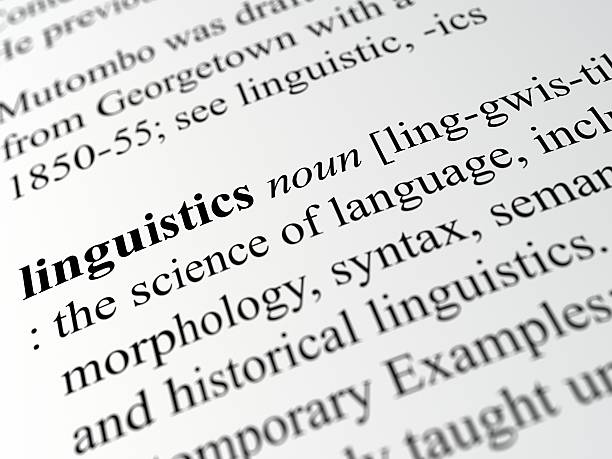Applied Linguistics

Description of Major
What I have studied is the field of linguistics and how it can be applied to everyday life. Applied linguistics entails fields of linguistics education, translation, speech therapy, discourse analysis, and more. In order to understand this field of study, I have to developed my discourse analysis skills, learned more about the brain’s processing of language, worked on translation projects, examined the role of linguistics in the classroom, and found out more about the ways in which linguistic theory can be applied to real life situations. I have paid attention to linguistics processing in the brain and children’s language acquisition, as these are relevant topics to the field of speech pathology. This major has incorporated courses from a variety of departments and programs, including Education, Norwegian, Linguistics, Spanish, and Psychology. This multidisciplinary combination of linguistic theory, education, foreign language, and science resulted in a deep dive into multiple sides of applied linguistics.
Annotated Bibliography
The document linked below contains a comprehensive list of many of the sources I used to inform my study of applied linguistics, with an explanation of each. This includes relevant databases I used to search for resources, foundational textbooks and course texts that included literature on linguistics, and the full bibliography for my senior captone project (the Rand Scholar Award project).
Guiding Questions
In order to complete my major, I had several guiding questions that informed my focus throughout earning my degree. Each question is accompanied by links to pages describing relevant courses. Some questions come from my original proposal, while others developed throughout the course of my study.
How do children develop, process, and produce language?
Because of my interest in speech pathology and my desire to work with children, one of my main guiding questions related to children and how they develop the capacity for language. Several courses touched on this, including English Language and Linguistics, Developmental Psychology, and Second Language Acquisition.
What are the causes for the impediments that children face in regards to language?
Similar to the first question, my interest in speech therapy is what made me select this question. Though I think that my graduate school coursework will go into this question in more detail, courses like Psychology of Hearing, Developmental Psychology, and Cognitive Psychology were a great introduction to some of the fundamental causes of language impediments in children and in adults.
How does bilingualism play a role in language processing?
Because of my background in multilingual environments, in particular with my study of Norwegian and Spanish, I wanted to investigate multilingualism further. As a user of multiple languages, I was interested to know whether my own language processing is different, and whether that difference plays a role in educational settings. Many courses had a discussion of bilingualism, especially Second Language Acquisition, Roles of Language in Equity and Diversity, and Spanish as a First and Second Language.
How does language influence society’s perception of certain groups?
Many courses at St. Olaf on the social aspect of language, known as sociolinguistics. In particular, I focused on how language can be used to discriminate against social minorities. Throughout my degree, I completed multiple research projects on the Norwegian multiethnolect, investigating minority forms of Norwegian. The relevant courses included Roles of Language in Equity and Diversity, The Norwegian Multiethnolect, The Sámi: Traditions in Transition, and Germanic Multiethnolects.
Why is linguistics important when examining human communication?
This question relates heavily again to the topic of sociolinguistics. I wanted to investigate the ways in which linguistics is a part of everyday life, but also how it can apply to specialized contexts. For example, how does linguistics play into coding, or in American Sign Language? For examining linguistics in the context of communication in various ways and environments, English Language and Linguistics, Psychology of Hearing, and Principles of Computer Science.
How can linguistic theory be applied to the classroom?
I developed this question after deciding to pursue my TEFL certificate and taking education courses where I was able to do field experience in the classroom. Because I am hoping to work in a school environment in the future, I wanted to come up with ways that linguistic theory can be applied to teaching and to the school environment. Several of the relevant courses are included in the “Other Courses” page, since they did not directly count towards my major. However, of the courses that did, Second Language Acquisition and Spanish as a First and Second Language were most pertinent.
What can linguistic history tell us about modern language?
I added this question after taking a few courses that included content on the development and history of language. This ultimately became very important, as it was a major inspiration for my final capstone project. Historical linguistics is very fascinating to me, as it tells us a lot about where our language is headed in the future. Courses that included linguistic history were Introduction to Germanic Linguistics, English Language and Linguistics, and the independent research courses involved in the Rand Scholar Award Project.